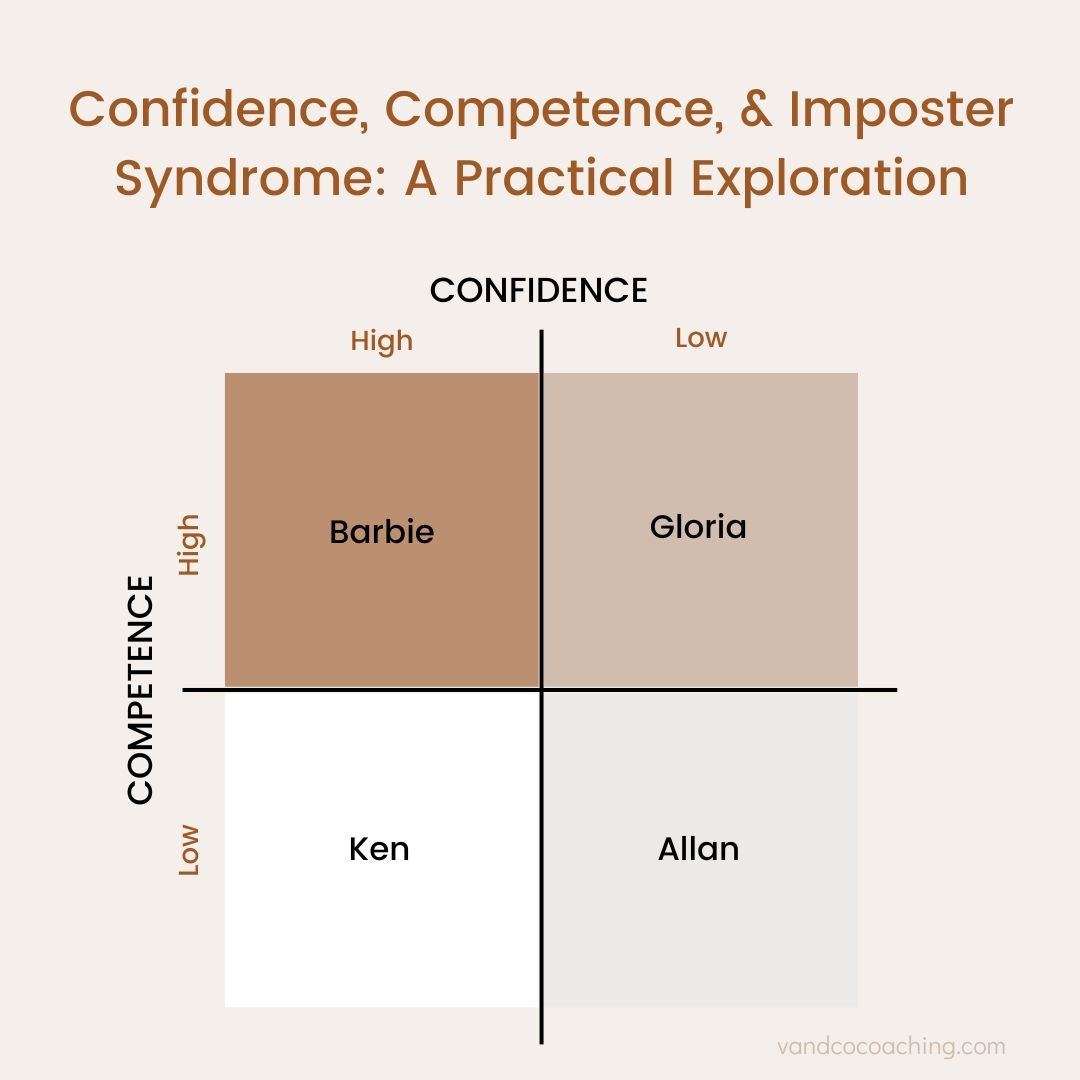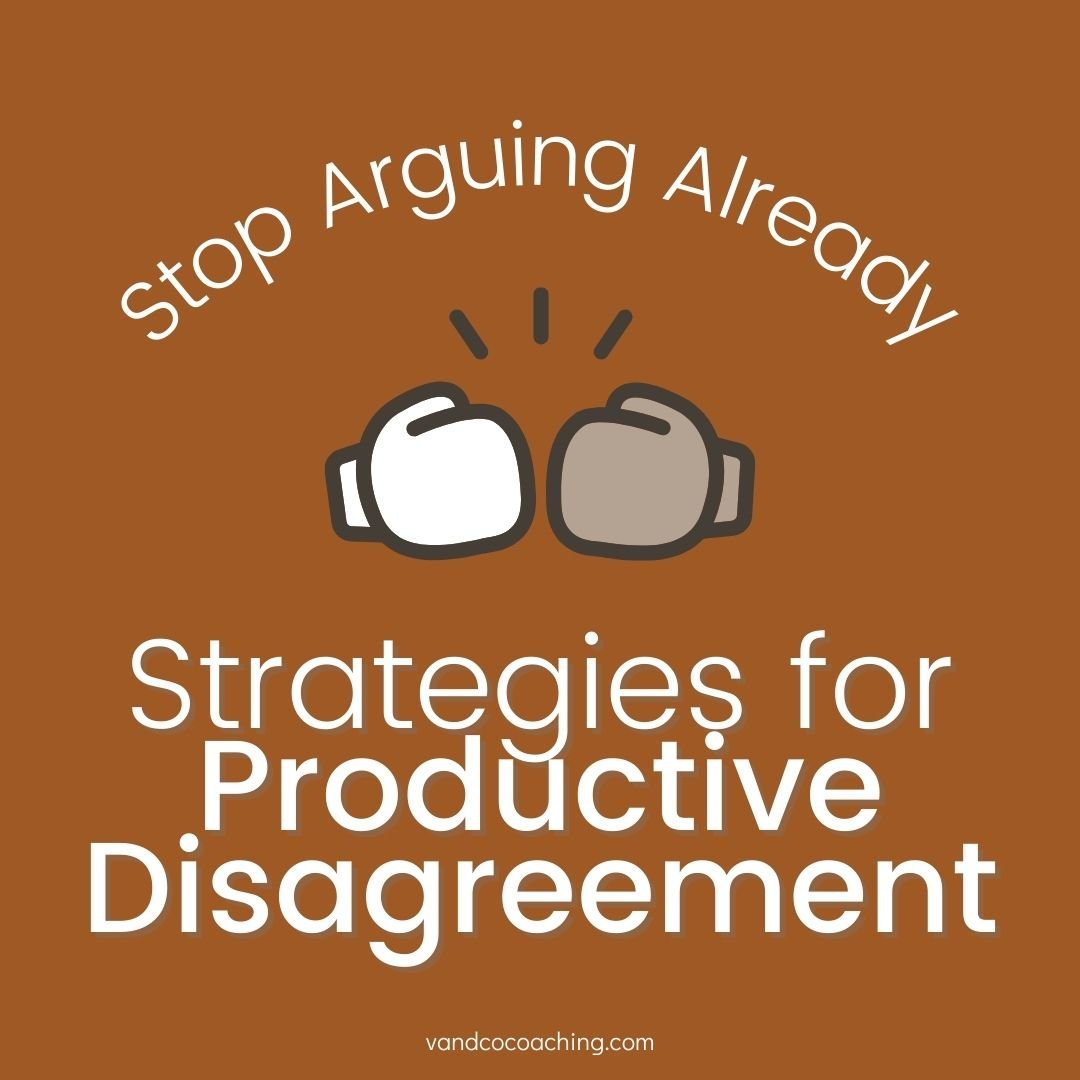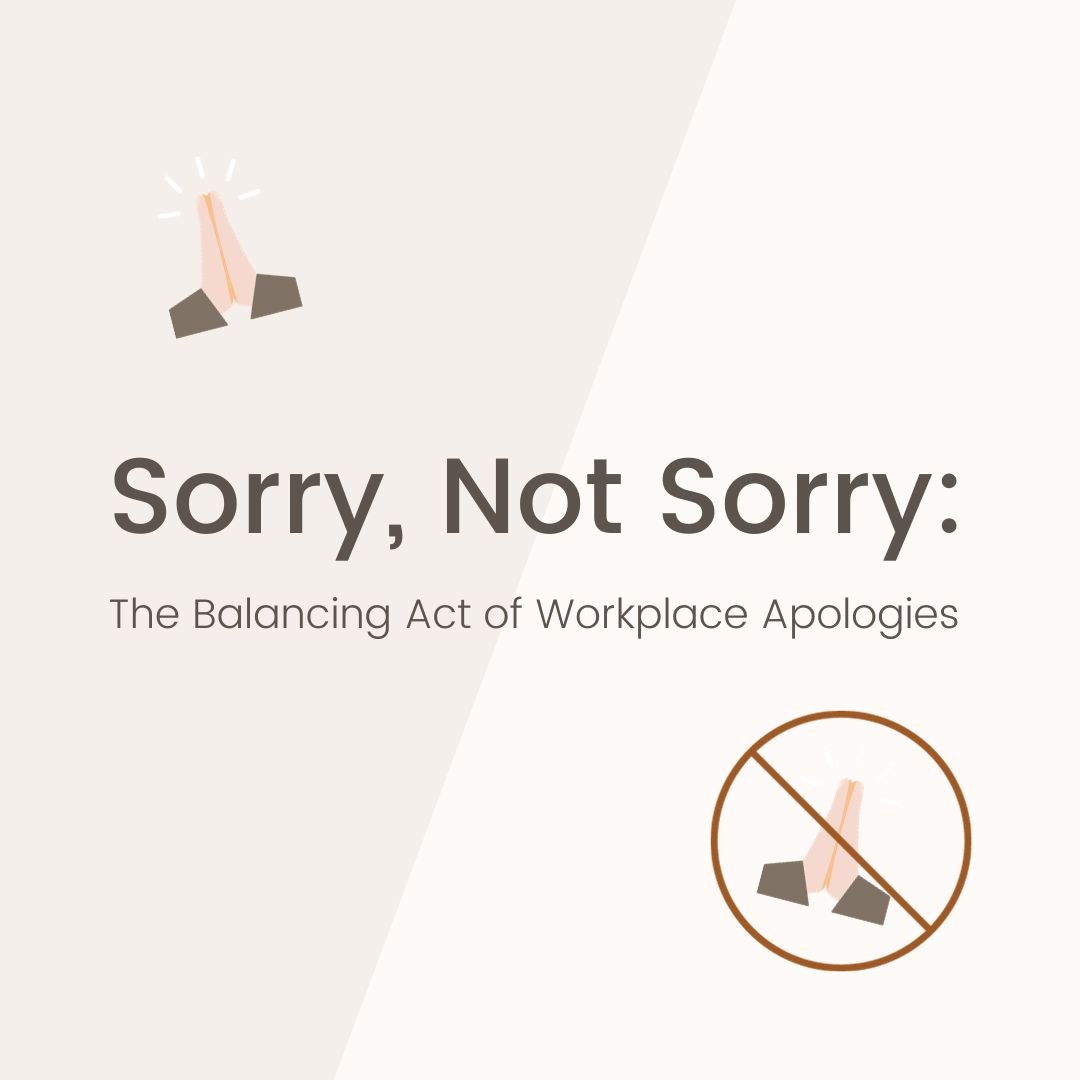Imposter Syndrome in High-Performing Women: Understanding and Overcoming It
Overcoming the Confidence Crisis in High-Achieving Women
In my work, I’ve stopped being surprised—but still feel heavy-hearted—by the amount of high-achieving women who don’t believe in their own success. These women are at the top of their game or on their way there, yet though their hard work takes them further, they question their capabilities just as much. I’m no stranger to this personally. A few years back, I was so intrigued by this phenomenon that I surveyed 100 women struggling with self-doubt and confidence issues to better understand why these feelings are so widespread and, more importantly, what we can do about them. So it was only a matter of time before this topic found its way into the newsletter.
Continuing our conversation from last month, I’ll go beyond the basics of imposter syndrome. We'll explore the societal pressures that exacerbate negative self-perceptions in women, feeding into an unhealthy cycle of anxiety and stress. And of course, I’ll share some tools to help you navigate this.
Why is this topic so crucial? Well, women struggling with imposter syndrome are at risk of missing out on leadership opportunities. This, in turn, perpetuates gender biases in the workplace and limits women’s influence on key decisions. It prevents diverse perspectives from being incorporated into products and policies, hindering our progress toward a more inclusive society. Tackling imposter syndrome and its societal roots is key to empowering women and ensuring a future where decisions are shaped by a wide array of voices and values. Let’s dive in.
The Prevalence of Imposter Syndrome in Women
Initially, imposter syndrome research focused on high-achieving women, but it became apparent that this impacts people of all genders and identities. Despite reaching across genders, research shows women struggle with it more consistently throughout their careers. But let’s not stop at individual experiences—there’s a bigger picture here. Corporate workplaces were largely designed by and for white men. That’s why some experts argue we need to Stop Telling Women They Have Imposter Syndrome and start examining the biased systems embedded in our work environments. Our gendered workplace culture significantly impacts how women feel and operate in their careers. Overcoming these hurdles means acknowledging both gender bias and the conflicts between corporate and personal values, which we’ll explore further.
The Role of Gender Bias
When I think about how workplaces are designed for men, I remember the classic office summer scenario. It’s 80+ degrees outside, but inside, I’m bundled up in two layers of sweaters and a fleece blanket. I look around and see other women similarly layered, while men stroll around comfortably. If you need evidence of gender bias, look no further than the thermostat. Office buildings were wired to set the AC based on metabolic temperatures of men. As women navigate their careers in these male-centric spaces, it’s easy to feel out of place. Biases can shape perceptions of our skills and potential, making us feel like we don’t belong. Assertiveness and a strong voice are often prized leadership qualities, but when women, especially women of color, exhibit these traits, they may be labeled as bossy, abrasive, or aggressive (especially if you’re a black woman). It’s the classic Goldilocks dilemma for women— we have to get it just right. This makes the pathway to the top akin to a labyrinth with twists and turns and obstacles our male counterparts will not encounter. For women struggling with imposter syndrome, know it’s not always you; sometimes, it’s the environment that’s not ready to embrace you as a leader.
Values Conflict: Corporate Values vs. Personal Values
High-performing women often face a tough choice: feel like a fraud or become one. The norms of society lead us to believe there is an optimal way to lead a team: winning at all costs, unemotionally, and sometimes aggressively. We find ourselves bending in unnatural ways to fit the mold of success shaped by our male colleagues. But here’s the thing—there’s real power in our gendered approach to leadership, leveraging such values as collaboration, empathy, vulnerability, and self-awareness. Studies find women leaders actually make work better. We often improve team collaboration, inspire organizational dedication and improve fairness. It takes a mix of styles to work effectively. The issue arises when women try to fit into a corporate mold that’s never been tailored to our size. We end up pushing aside our personal values to align with corporate expectations, only to reach a breaking point down the line.
A Perfect Storm: Imposter Syndrome + Anxiety + Stress = Burnout
One of my clients is an SVP at a major bank. She’s worked incredibly hard to get herself to this level, yet she battles with people-pleasing behaviors regularly because she is not confident in her competence. Her imposter syndrome operates in a cognitive behavioral cycle: she questions her competence, which makes her feel inadequate, leading her to work on overdrive attempting to prove herself. Our thoughts shape our emotions (and vice versa), which in turn drive our actions, creating a self-perpetuating cycle. Imposter syndrome puts us in a vulnerable position, making us reliant on external validation when what we truly need is validation from within.
The Importance of Authenticity
So, how do we validate ourselves? It begins with living and leading an authentic life. Easier said than done, right? It’s about knowing what we stand for and showing up consistently in the different roles we play. It sounds simple, but in practice, it’s anything but. As kids we just existed—we didn’t overthink our needs, wants, or desires. So, the challenge is getting back to the familiarity of going with our instincts, embracing and appreciating ourselves. Once we live authentically we will be able to embrace authentic leadership. Avilio & Gardner (2005) define authentic leadership as “someone who is keenly aware of how they think and behave and are perceived by others as being aware of their own and others’ values/moral perspectives, knowledge, and strengths; aware of the context in which they operate; and are confident, hopeful, optimistic, resilient, and of high moral character.” Imposter syndrome and authenticity are at opposite ends on the continuum of leadership attributes, which is no surprise. Ultimately, authenticity is not just about being true to ourselves; it's about fostering a culture of honesty and integrity in all our interactions. By committing to authentic living and leadership, we can dismantle the barriers that imposter syndrome creates, paving the way for a more inclusive and supportive environment for everyone.
Chipping Away at the Patriarchy & Tips for Authenticity and Beyond:
Check out the tips for imposter syndrome listed in the Imposter Syndrome 101 newsletter.
Start by accepting our cultural systems as they are. This doesn’t mean we have to like them or stop wanting them to change; it simply means acknowledging the reality so we can stop fighting it and start using that energy to make real progress.
Embrace radical responsibility—be the change you want to see.
Do a values exercise.
Craft a personal mission statement.
Take a strengths assessment.
Slow down and tune in to yourself. Developing and enjoying mindfulness practices can help us listen to our inner voice—it might take some coaxing, but it’s worth it!
Create a habit of intentionally listening to your inner voice.
Become aware of your emotions and what they’re telling you. These are our most sensitive instruments for understanding what we truly want. Take the time to explore and act on the needs they reveal.
It Starts Within You
Navigating the complexities of imposter syndrome, particularly for women, requires acknowledging the systems working against us and making a deep commitment to authenticity. Embracing our unique leadership styles, grounded in our true selves, empowers us as individuals and enriches the broader leadership landscape. By recognizing the systemic biases and societal expectations that disproportionately impact women, we can begin to dismantle the structures that hold us back. While we may not be able to tear down these deep-rooted biases overnight, every step we take toward authenticity contributes to a more inclusive and equitable workplace. Let’s continue this journey with courage and conviction, knowing that our true power lies in being unapologetically ourselves. Together, we can create a future where women are empowered to lead with confidence and integrity, and where diverse voices shape a more warm, just and innovative society.




































